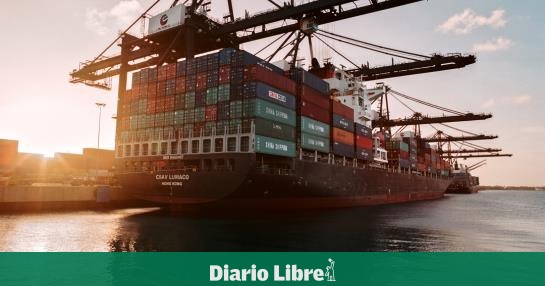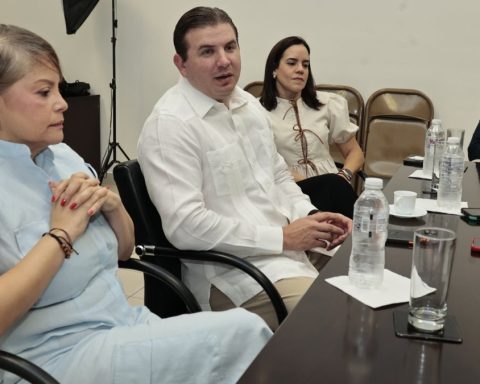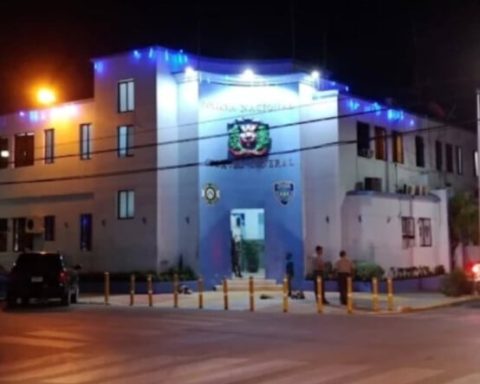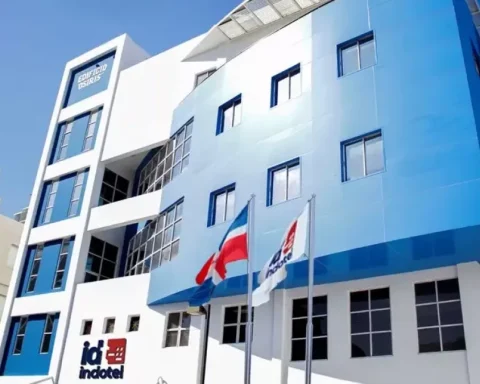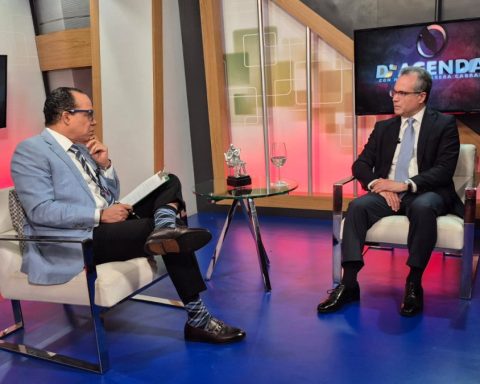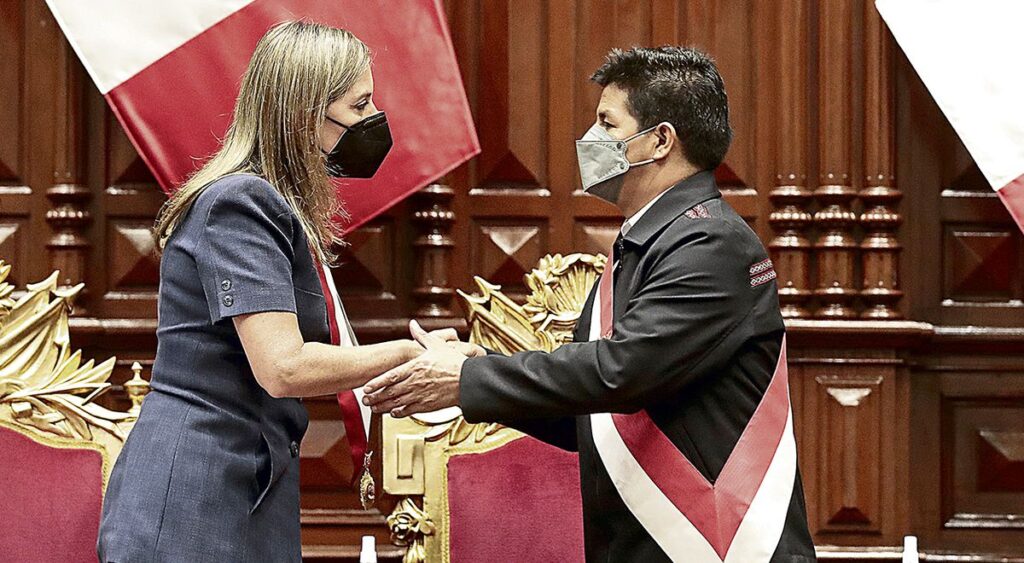Delete the duty to 67 subheadings that impact the basic basket -as proposed by the Executive Power- would allow the consumer to buy imported items at lower prices, but these would compete with national production by having a better position. But, if the raw material is subsidized -as producers suggest-, the government would have to find more money.
The dilemma was raised by the former Minister of Economy, Isidoro Santana. What is the most convenient?, he asked. Free Journal. “It would be almost the same,” he replied, “except that you would have to find out where the money would come from to pay the subsidy, because if the government has to stop giving something else to the consumer in order to pay the subsidy, then in the end it is taking away and He’s putting another one on it.”
“Personally, I would prefer the elimination of the tariff, as long as it is for a short period,” continued Santana. “You can be admissible for six months, but never more than that.”
But opposition deputies Rubén Maldonado, from the People’s Force, and Juan Julio Campos, from the Dominican Liberation Party (PLD), share the concerns of the Association of Industries of the Dominican Republic (AIRD) in the sense that it does not guarantee low prices the bill submitted on March 10, which would free dutyfor a period of six months, to a series of products of the basic basket such as meat, milk and flour, to contain the inflation. In addition, they fear for the unfair competition that the measure would generate.
Maldonado affirmed that, under no circumstances, his party would support measures that “seek and seek the destruction” of the local productive apparatus.
For the ruling deputy Julito Fulcar, spokesman for the block of deputies of the Modern Revolutionary Party (PRM), this government has been characterized by adopting actions to maintain price stability and food security. He affirmed that “the intention is not to sacrifice anyone” and acknowledged that, from now on, incentives should be established for national agricultural producers.
The economist Odalis Marte, Executive Undersecretary of the Central American Monetary Council, pointed out that in 2021 there was a inflation general of 8.5% in the country, but that of food was 9.2%. “Producers fear a reduction in their income and, therefore, a threat to the profitability and viability of their companies, but the announced measures are temporary, so they should not be a vital threat to all national producers” , said.
The president of the National Observatory for Consumer Protection (Onpeco), Altagracia Paulino, considered that in order to combat inflation There must be a freezing of prices of essential consumer goods and services such as electricity, telephony, health and others.
“Now free them from dutyThe imported ones are going to say that the dollar is such a thing, and there will be no price control. I think that the country produces 85 percent of the food that we need. If the government wants to do what the United Nations Organization says for the millennium, production for sustainable consumption must promote the exemption from taxes on national production,” said Paulino.
The president of the Committee of Housewives, Consumers and Users of Services (Acacdisna), demanded that the deputies approve the project submitted by the Executive Power. “Speed up, because this town can no longer stand the chaos and imbalance of the prices of the products of the basic basket”, expressed Ana Vitilia Cabrera.
Project is studied
Yesterday, the Chamber of Deputies sent to a special commission the bill that would establish a zero rate of tariffs for six months on imported products to alleviate the consequences of the economic impact of the COVID-19 pandemic and the Russia-Ukraine war. Said delegation will be chaired by the Perremeist deputy Frank Paulino and integrated by the deputies José Santana Suriel, Olfany Méndez, Shoraya Suárez, Ramón Bueno, Calixta de Paula, Frank Ramírez, Rafael Abel Lora, José Hernández, Benedicto Hernández, Ysabel de la Cruz, Charlene Canaan and others.
